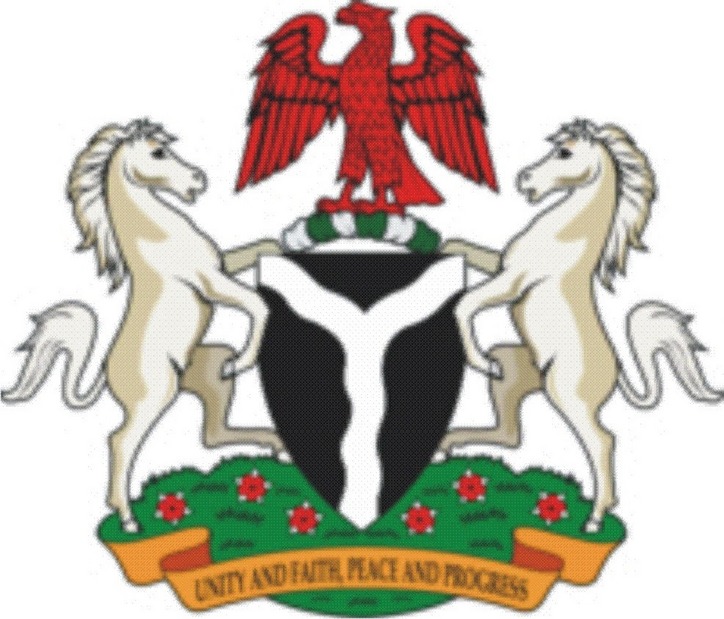While briefing the State House correspondents after the Federal Executive Council (FEC) meeting held yesterday at the state house, Zainab Ahmed, Minister of State for Budget and Planning said the 2016 budget is at its final stage and that the executive and the legislature have worked very hard to ensure that the budget was ready.
She said,“On the 2016 budget, I must say the executive and the legislature have worked very hard putting things together, reviewing the details of the budget and it is at its final stage, so maybe between today (yesterday) and tomorrow (today), the National Assembly will start the process of transmitting the details to the President.”
The minister explained that strategic areas in the budget are grouped into four major objectives, including: policy, governance and security; diversification of the economy; creating support for the poor and the vulnerable as well as regulating the economy through investment. She further said her ministry has been given responsibility to track and report on a quarterly basis to the council on the performance of the key priority areas. Speaking of the policy, governance and security area, she said the purpose was to achieve and maintain a capital spending of a minimum of 30 per cent on an annual basis starting from 2016.
“The objective of doing that is to reflate the economy and enhance employment generation capacity for the productive sector. Another area is to achieve an appropriate exchange regime. The Central Bank of Nigeria, CBN, is leading this particular action; the objective is to achieve a predictable exchange rate by the end of 2016,” she added.
Ahmed further stated that the federal government plans to increase low interest lending to the real sector. According to her, “the focus is to achieve an interest rate that is single digit, maybe nine per cent and the purpose is to increase output and growth. Again the Ministry of Industry, Trade and Investment along with CBN are taking action on this,” she added. She also disclosed that government also has a target to maintain a stable debt management strategy to optimise local and foreign debts, saying that the Ministry of Finance and the Debt Management Office, DMO, would ensure its implementation.
The minister said there are plans to implement measures to achieve self sufficiency and become a net export of some agricultural produce, particularly rice. She stressed that government plans to attain self sufficiency in tomato paste this year, while 2018 has been set as the year to achieve self sufficiency in rice production. Ahmed also disclosed that government also plans to implement a road map to increase private sector investment in tourism and sports. According to her, the objective was to increase investment in the service sector thereby increasing job creation and youth employment. She also identified gas pricing as a priority objective to ensure availability of power to the nation, saying that the matter was currently being addressed and would be finalized soon.
“There are also plans to complete the Kaduna-Abuja- Ajaokuta railway lines in 2016. We are also revising the National Rail Masterplan, which is commencing construction of the Lagos – Kano Standard Gauge Rail line and also to finalize the negotiation regarding the Calabar- Lagos rail line. Of course, the objective of this is to increase availability of mass transit, to relieve pressure on road infrastructure. The federal ministry of transport is leading in this regard, working in collaboration with the ministry of finance and ministry of budget and planning to ensure the required funding is available for this project,” she stated.
Ahmed further noted that,“There is also a plan to undertake the rehabilitation and construction of 31 major projects and restore the degraded sections of some major highways and improved connectivity over a distance of 210,093 kilometers through public works maintenance, Public Private Partnership, PPP, and other interventions.The objective is to ease the movement of people and enhance road movement and connectivity while adopting and executing a comprehensive national oil and gas policy.”
The minister promised a three-year implementation plan as the nation continues to await the signing of the budget and its implementation after rounds of rejection by the presidency.













